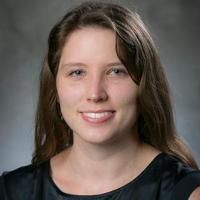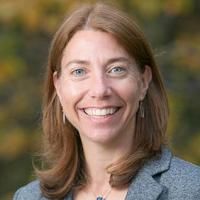A Menu of State Actions to Promote Forest Carbon Sequestration and Storage
Abstract
Across the U.S., states are developing policies and programs to help promote forest-based natural climate solutions. This effort is bolstered by a growth in forest carbon programs that aim to make entry into the voluntary carbon offset market accessible to all landowners. Here we present a “menu” of policy and program options (that we call action items) derived from existing state programs and policies that decision makers can leverage to promote forest carbon solutions.
Type
Department
Description
Provenance
Citation
Permalink
Citation
Lohman, Adam, Sara Mason and Lydia Olander (2022). A Menu of State Actions to Promote Forest Carbon Sequestration and Storage. Retrieved from https://hdl.handle.net/10161/26595.
Collections
Scholars@Duke

Sara Mason
Sara Mason joined the Ecosystem Services Program at the Nicholas Institute for Energy, Environment & Sustainability as a policy associate after graduating from Duke with a master’s degree in environmental management. Her work focuses on the interdisciplinary nature of biodiversity conservation and how that can be leveraged to engage the public and policy makers in conservation efforts. Prior to joining the Nicholas Institute, Sara worked in ecological field research and endangered animal rehabilitation.

Lydia Olander
Lydia Olander is a program director at the Nicholas Institute for Energy Environment & Sustainability at Duke University and adjunct professor at the Nicholas School of the Environment. She works on improving evidence-based policy and accelerating implementation of climate resilience, nature-based solutions, natural capital accounting, and environmental markets. She leads the National Ecosystem Services Partnership and sits on Duke’s Climate Commitment action team. She recently spent two years with the Biden administration at the Council on Environmental Quality as Director of Nature based Resilience and before that spent five years on the Environmental Advisory Board for the US Army Corps of Engineers. She is a fellow of the American Association for the Advancement of Science (AAAS) and widely published researcher. Prior to joining the Nicholas Institute, she spent a year as an AAAS Congressional Science and Technology Fellow working with Senator Joseph Lieberman on environmental and energy issues. She was a college scholar at Cornell University and earned her Master of Forest Science from Yale University and Ph.D. from Stanford University.
Material is made available in this collection at the direction of authors according to their understanding of their rights in that material. You may download and use these materials in any manner not prohibited by copyright or other applicable law.